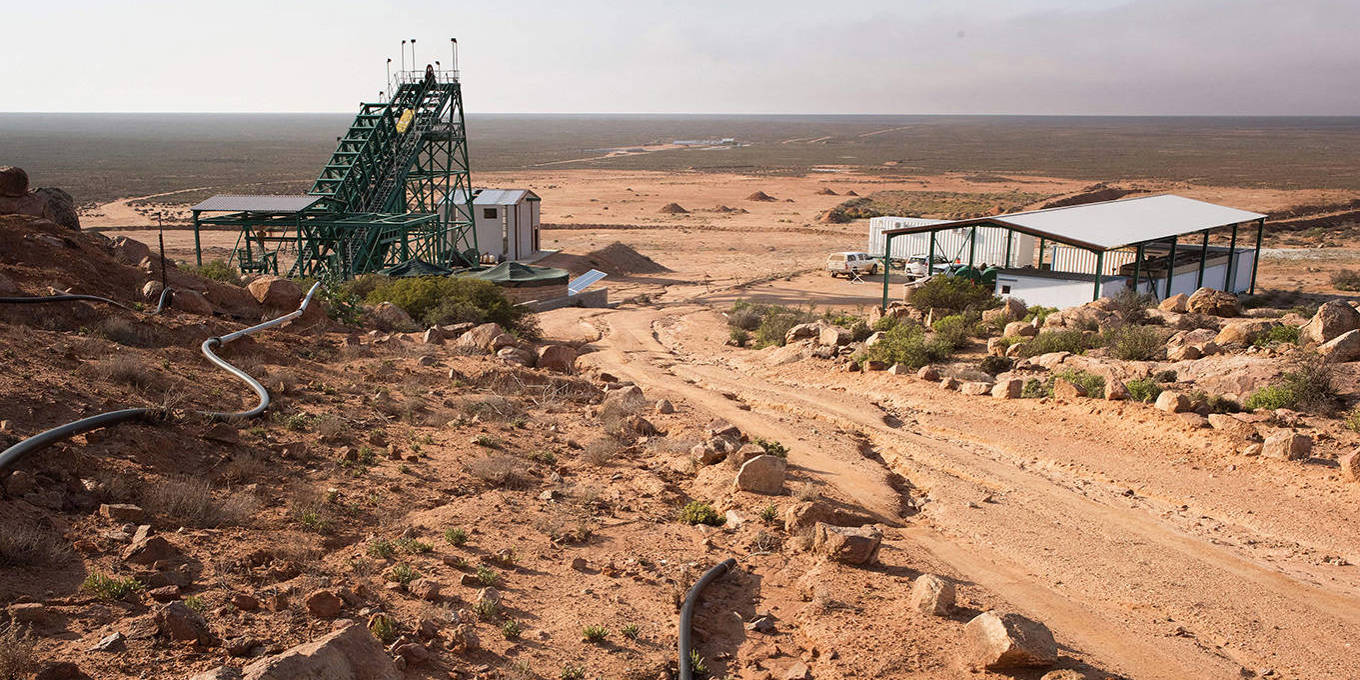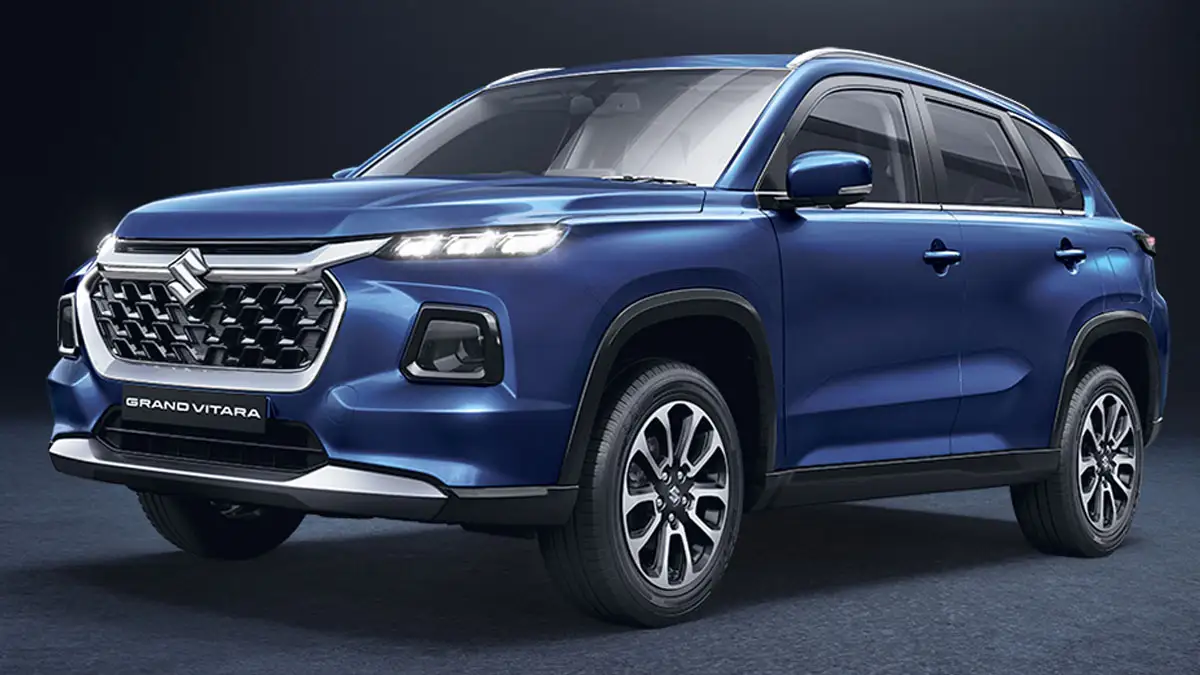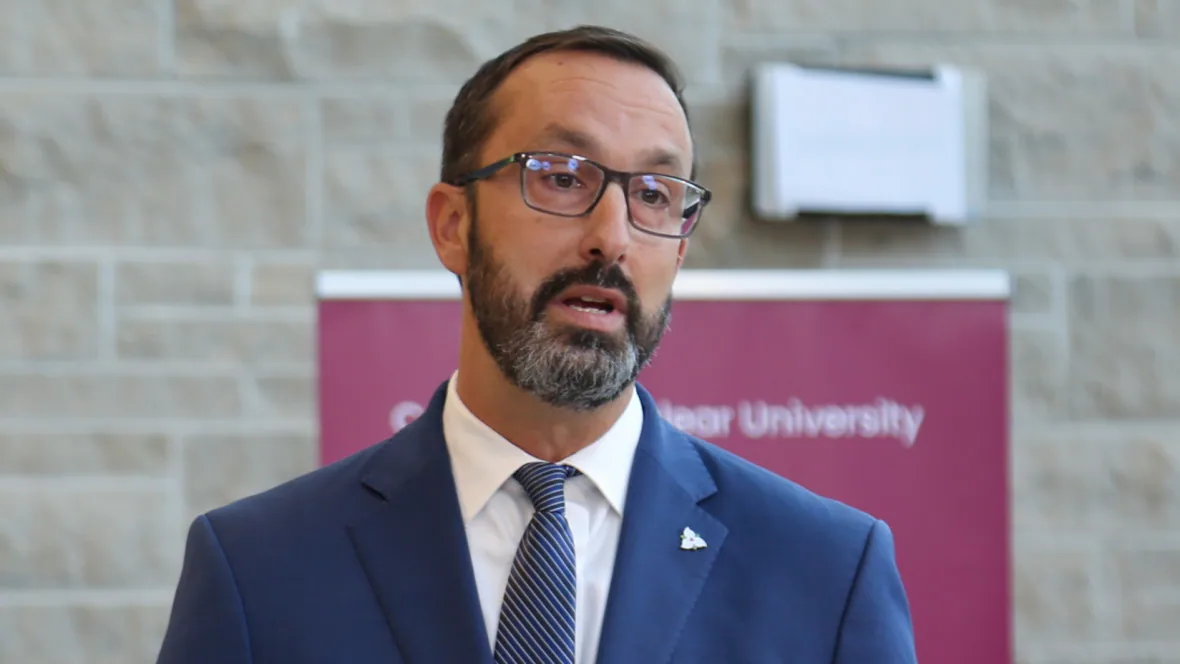
WASHINGTON, DC – Critical minerals, especially rare earths, have become an integral part of national security strategies and are a central feature of the great-power competition between the United States and China. With demand for minerals such as lithium projected to rise by as much as 1,500% by 2050, Africa has an important opportunity to position itself as an engine of the future global economy – and to accelerate growth, development, and social progress across the continent.
Critical minerals are necessary to manufacture computer chips and other high-tech inputs, including those needed to power the green transition and advanced weapons systems. Africa possesses one-third of the world’s known reserves, including 80% of its platinum and chromium, 47% of its cobalt, and 21% of its graphite, as well as significant rare-earth reserves, such as monazite and scandium, in Nigeria and elsewhere.
As it stands, China controls roughly half of the world’s known reserves of rare-earth minerals, meaning that the US is scrambling to strengthen its own position in the critical-mineral supply chain. To this end, US President Donald Trump’s administration is embracing “rare-earth diplomacy,” which involves exchanging benefits like security guarantees or market access for a share of countries’ mineral wealth.
Africa knows firsthand just how lopsided resource-sharing agreements can be. Its resources have long fueled prosperity in the world’s industrialized economies, which import the continent’s raw commodities as low-cost inputs and sell them back to Africa embodied in expensive finished products. Largely as a result of these arrangements, countries with abundant natural resources have often experienced slower economic growth, increased political instability, and worse development outcomes. The Democratic Republic of the Congo is a prime example of this “resource curse”: despite being among the world’s most resource-rich countries – if not at the top of the list – it is a desperately poor failed state.
If Africa’s critical-mineral resources are to be a blessing rather than a curse, its leaders must avoid becoming pawns in a great-power chess game. African countries cannot embrace extreme economic nationalism, because they lack the technology fully to exploit their critical minerals. They must share a portion of these resources with the great powers – either as part of conflict-resolution deals or through normal economic and investment transactions. But they must also ensure that any agreement credibly and fairly advances their own interests.
For the DRC, the most immediate priority is to promote stability after more than three decades of turbulence. When Rwanda’s brutal civil war – which included a genocide against the Tutsi minority by the extremist-led Hutu government – ended in 1994, the defeated Hutu forces fled across the border to the DRC, where they allied with the Congolese government. That government, now led by President Félix Tshisekedi, has since been at war with domestic ethnic minorities aligned with Rwandan President Paul Kagame’s government and with Rwandan forces fighting what they view as an existential struggle to secure their country’s borders.
The complex conflict, involving scores of militias, has had a destabilizing effect on the entire region, while efforts by other African countries to broker peace have repeatedly stalled or collapsed. So, in February, a desperate Tshisekedi offered the US access to his country’s critical minerals in exchange for security assistance. The proposal proved compelling, and the Trump administration, together with Qatar, subsequently brokered a peace agreement between the DRC and Rwanda.
If this leads to durable peace for the DRC, the long-suffering Congolese will finally get the chance to begin rebuilding their country. But for any African country seeking to make the most of critical-mineral deals with great powers, a long-term strategy for investing the proceeds is essential. Critical minerals must serve as an anchor for national social contracts.
This will require a change of mindset among Africa’s political elites, who often use their positions to increase their personal wealth rather than to deliver broad-based benefits to the people they serve. More concretely, transparent governance frameworks will be needed to institutionalize a consensus on the use of critical-mineral revenues to advance social and economic transformation.
But as long as resources are exported in their raw form – only about 5% of Africa’s critical minerals are currently processed on the continent – these revenues will remain limited. That is why agreements must include provisions to increase the amount of value added within Africa. By forming an OPEC-like “critical-minerals cartel,” African countries could strengthen then their negotiating position vis-à-vis major powers like the US.
Moreover, to increase longer-term resilience, African policymakers should leverage critical-mineral revenues to diversify their economies and use their mineral supplies to advance their own energy transitions. Africa’s growth depends on delivering reliable electricity to the continent’s 1.5 billion people, around 600 million of whom currently lack access.
Africa has a once-in-a-century opportunity to break the “resource curse” and convert its vast natural wealth into sustainable development and social progress. But, to seize it, the continent’s leaders must avoid falling into old traps.



